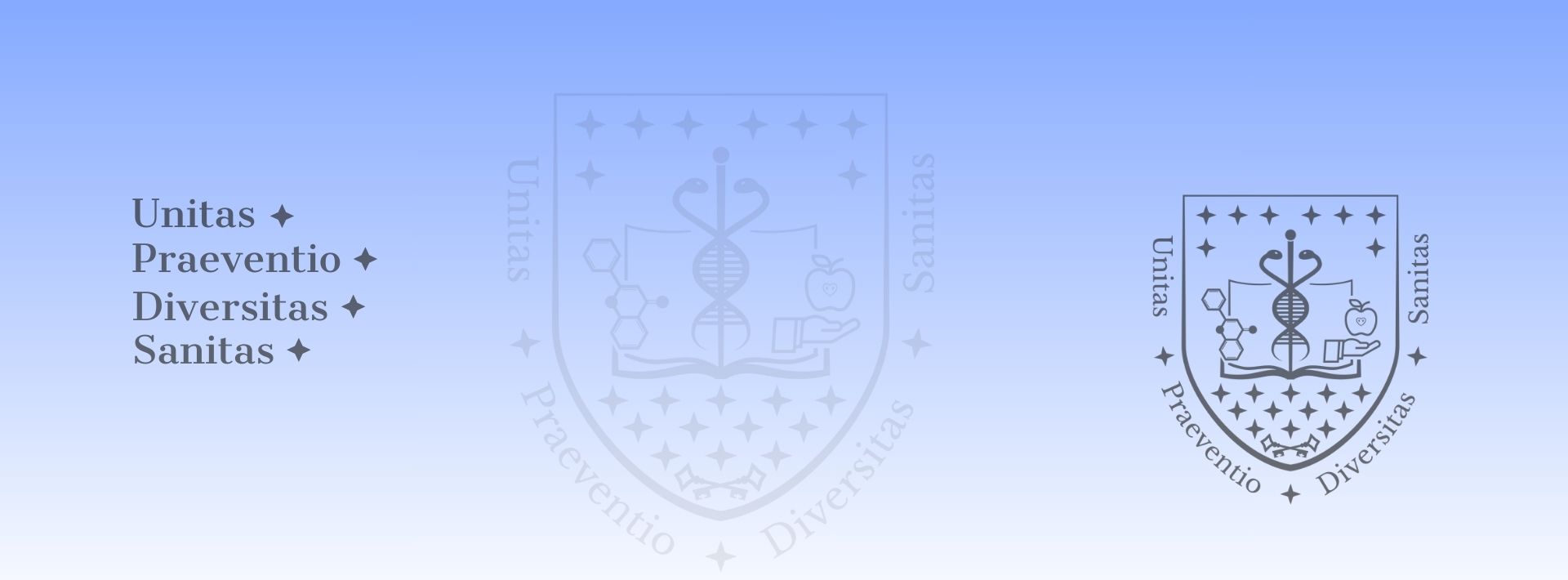Data
Official data in SubjectManager for the following academic year: 2024-2025
Course director
-
Kopcsó István
honorary professor,
Department of Public Health Medicine -
Number of hours/semester
lectures: 10 hours
practices: 2 hours
seminars: 0 hours
total of: 12 hours
Subject data
- Code of subject: OSF-MMH-T
- 1 kredit
- Dentistry
- Optional modul
- autumn
-
Exam course:Course headcount limitations
min. 5 – max. 25
Available as Campus course for . Campus-karok: ETK
Topic
With its interdisciplinary nature, our University’s education and research activity in numerous fields is connected already to military medicine. We have long-term cooperation with the Medical Directorate of the Hungarian Defence Forces Command as well as with the NATO Military Medical Centre of Excellence in Budapest The Hungarian Defence Forces is also in need of freshly trained professionals. One of the main aims of this optional course is the provision of updated information and to strengthen the motivation of the medical students.
Lectures
- 1. The role and structure of military medicine in Hungary. - Kopcsó István
- 2. The role and structure of military medicine in Hungary. - Kopcsó István
- 3. The role of military medicine in crisis fields and the cooperation within NATO. How to be prepared for it? - Kopcsó István
- 4. The role of military medicine in crisis fields and the cooperation within NATO. How to be prepared for it? - Kopcsó István
- 5. How to organize the health services in case of disaster. Triage. Cooperation with humanitarian organizations (Red Cross, IOM, Baptist Aid) - Szilárd István
- 6. How to organize the health services in case of disaster. Triage. Cooperation with humanitarian organizations (Red Cross, IOM, Baptist Aid) - Szilárd István
- 7. Introduction of NATO and its Military Medical Centre of Excellence (MILMED CoE) Kopcsó István - Kopcsó István
- 8. Introduction of NATO and its Military Medical Centre of Excellence (MILMED CoE) Kopcsó István - Kopcsó István
- 9. The availability and usability of syndromic surveillance systems in the planning and management of military operations. Katz Zoltán - Katz Zoltán
- 10. The availability and usability of syndromic surveillance systems in the planning and management of military operations. Katz Zoltán - Katz Zoltán
Practices
- 11. How to organize the health services in case of disaster. Triage. Cooperation with humanitarian organizations (Red Cross, IOM, Baptist Aid) - Molnár F. Tamás
- 12. How to organize the health services in case of disaster. Triage. Cooperation with humanitarian organizations (Red Cross, IOM, Baptist Aid) - Molnár F. Tamás
Seminars
Reading material
Obligatory literature
Literature developed by the Department
All educational materials will be available on the website of the Department and on PotePedia.
Notes
Recommended literature
1. AJP-4.10, Allied Joint Doctrine for Medical Support, 11 September 2019
2. AJMedP-1, Allied Joint Medical Planning Doctrine, 17 September 2018
3. AJMEDP-2, Allied Joint Doctrine for Medical Evacuation, 29 August 2018
4. SRD to AJMedP-3, Guide to Medical Intelligence, 15 January 2018
5. AJMedP-4, Allied Joint Medical Force Health Protection Doctrine, 27 July 2018
6. AJMedP-5, Allied Joint Doctrine for Medical Communications and Information Systems, 29 October 2020
7. AJMedP-6, Allied Joint Civil-Military Medical Interface Doctrine, 5 November 2015
Conditions for acceptance of the semester
Active participation at lectures (85% at least), and successful completition of the final written test.
Mid-term exams
Written test based on the lectures and the recommended readings during the last occasion.
Making up for missed classes
Based on preliminary discussion with the course leader.
Exam topics/questions
The exam will be based on the lectures and the recommended readings.
All educational materials will be available on the website of the Department and on PotePedia.
Examiners
Instructor / tutor of practices and seminars
- Szilárd István
